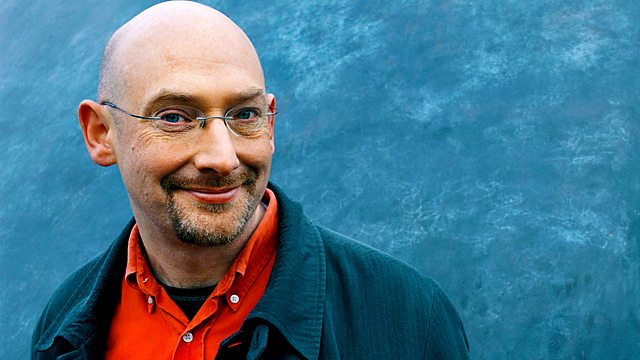Morphic Fields - Social Evolution
Quentin Cooper explores the latest developments in evolutionary psychology and social Darwinism and asks how it can help policy-makers in both the private and public sector.
Morphic Fields
In 1981 Rupert Sheldrake published the first edition of his book "A New Science of Life". It challenged the orthodox assumptions of science, suggesting that there exists in nature a sort of collective memory pervading physical and biological systems which he called Morphic Resonance.
The idea met with considerable hostility from conventional scientists. The then editor of Nature described the book as "the best candidate for burning there has been for many years." More than 25 years later, Sheldrake claims that his ideas have not been disproved.
Far from it, he says, there is more evidence than ever. So there’s a new, substantially revised and extended edition of the book. Is it still a good candidate for the bonfire?
Quentin discusses the claims and criticisms of the theory with Rupert Sheldrake and Prof Bernard Carr, a physicist and cosmologist from Queen Mary College University of London.
Social Evolution
The human body has evolved over many millions of years. But how has the human mind evolved, and do these changes influence the way we behave today?
These questions are the basis of evolutionary psychology – a science that’s less than 20 years old but has the potential to change the way we organise society. Researchers suggest that our prehistoric ancestors evolved the ability to talk, trust others, feel jealousy and live in groups because of pressures in their ancient environment.
But evolutionary psychology isn’t all about the past. Professors Mark van-Vugt from the University of Kent and Robin Dunbar from the University of Oxford join Quentin Cooper to discuss the ways we can apply this knowledge to the problems of today. They explain why the tax man has to be heavy-handed, what the number 150 has to do with our social networks and the best way to get people to care about the environment.


